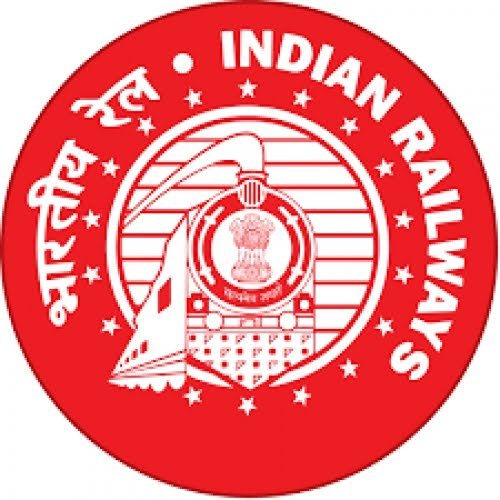Railway Recruitment 2025
The Railway sector is well-paying, lucrative, and offers job security, making it particularly appealing in India. These positions are provided by RRB across several zones and include positions like Track Maintainer, Helper, Assistant Points man, Porter, and other entry-level technical and non-technical jobs. Along with handsome pay, job security and perks are guaranteed. Railway Recruitment 2025
RRB Duties and Responsibilities
Track Maintenance: Trains can only run safely and smoothly when the railway tracks, sleepers, and other infrastructure components are well-kept and maintained in proper working condition.
Station Assistance: In the course of your employment, you will be involved with the everyday functioning of the station, which includes loading and unloading, passenger engagement, and keeping the platforms in order.
Technical Support: Perform operations like running heavy machinery and use of railway signals and other equipment within the prescribed limits. Safety and Compliance: You are expected to follow the required safety standards and help with the proper functioning of the railway by reporting dangerous situations and working to eliminate them. General Duties: Assistance to railway officers in carrying out other duties like checking tickets, keeping the place clean, and doing small repairs.
Required Skills and Competences
Operating machinery and other technical posts require some basic understanding of the railway systems and equipment.
Strong physical condition to perform heavy work and work in adverse weather.
Ability to work in a group and follow orders in a disciplined manner.
Ability to observe safety rules and be aware of your surroundings.
Communication proficiency while interacting with superior and peer levels is important.
Education Requirements
Minimum of 10th class (Matriculation) or its equivalent is mandatory from a recognized board.
Some technical positions may require an ITI or vocational training equivalent.
Age limit: Usually, 18 to 33 years, Age relaxation is provided to other backward categories as per the government’s rules and regulations.
✅More Details Join WhatsApp Group 👈
Working Conditions
Railway Group D employees work in varying settings including railway stations, tracks, yards and even workshops. Work is strenuous and may involve working in shifts, at night, and traveling to secluded places. Compliance with the railway standard is ensured by provision of relevant training and equipment.
Salary and Associated Benefits
Basic salary is estimated as 21,000 to 25,000 (approx.) per month subject to pay scales and zone.
Additional Benefits:
Allowance of medical schemes and other applicable leaves.
Retirement benefit, job security with other undetermined perks.
Possibility of promotion to Group C positions with experience and departmental examinations.
Perks of RRB Railway Group D.
To ensure selection of candidates meeting qualification, the RRB Railway Group D selection process is done in multiple parts:
Computer Based Test (CBT):
This is an objective type exam consisting of General Intelligence, Reasoning, Mathematics, General Science, and General awareness.
All participants have to achieve the minimum qualifying marks to advance to the next level.
Physical Efficiency Test (PET):
Examines candidates’ physical capabilities in running, lifting, and completing other physical activities.
Standards differ according to the specific gender and the category they fall under.
Document Verification:
Verification of educational documents, age, category documents, and other required documents.
Medical Examination:
Candidates have to comply with the specific medical standards and the physical fitness standards outlined.
Final Merit List:
Conduct Computer-Based Test (CBT), complete the PET, and verification to determine the final list for recruitment.
Why Choose Railway Group D Jobs?
Steady and guaranteed employment from the government.
Good wages and payment in addition to salary.
Many opportunities for promotion and development in the railway industry.
Serve the country in one of the largest public service sectors









